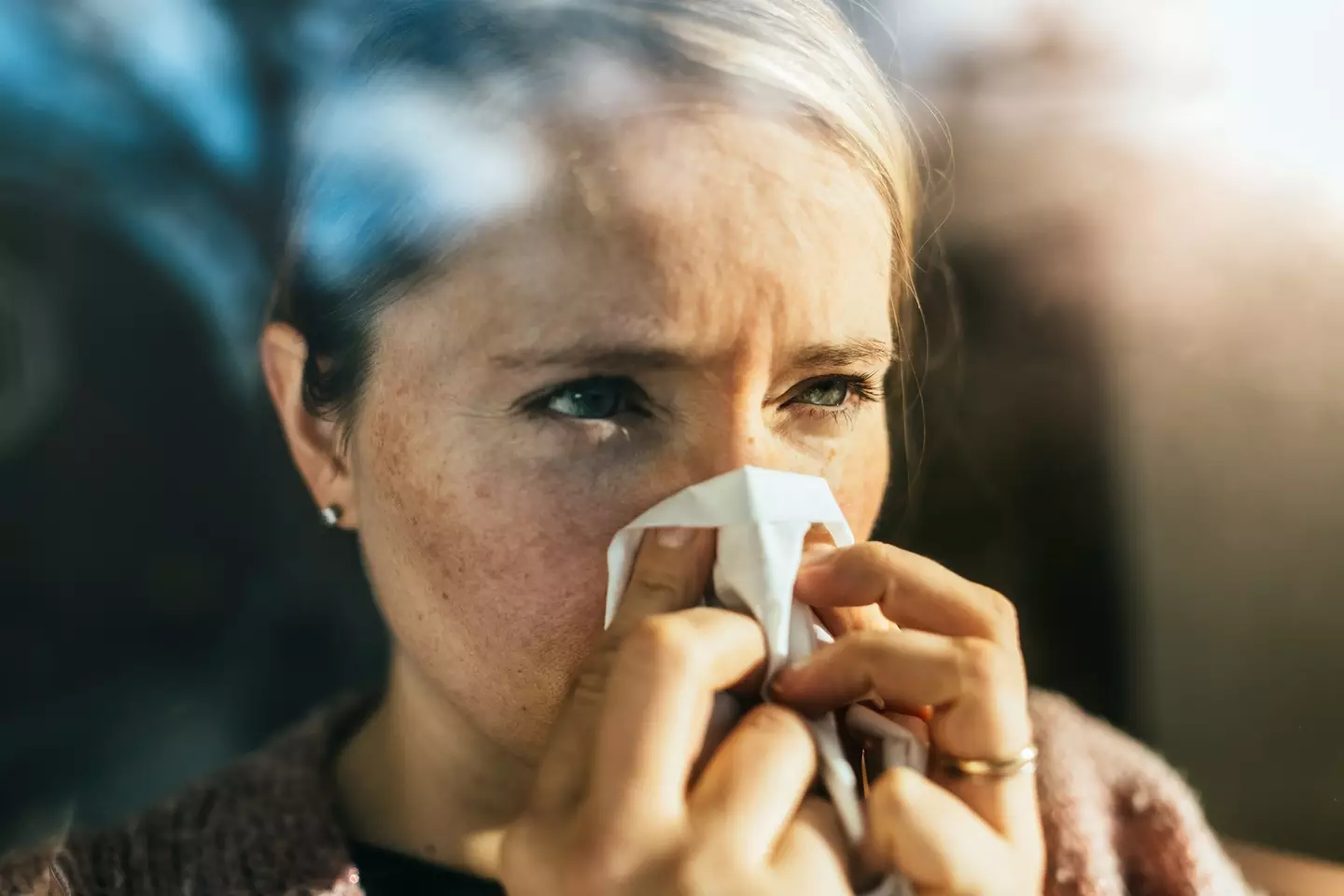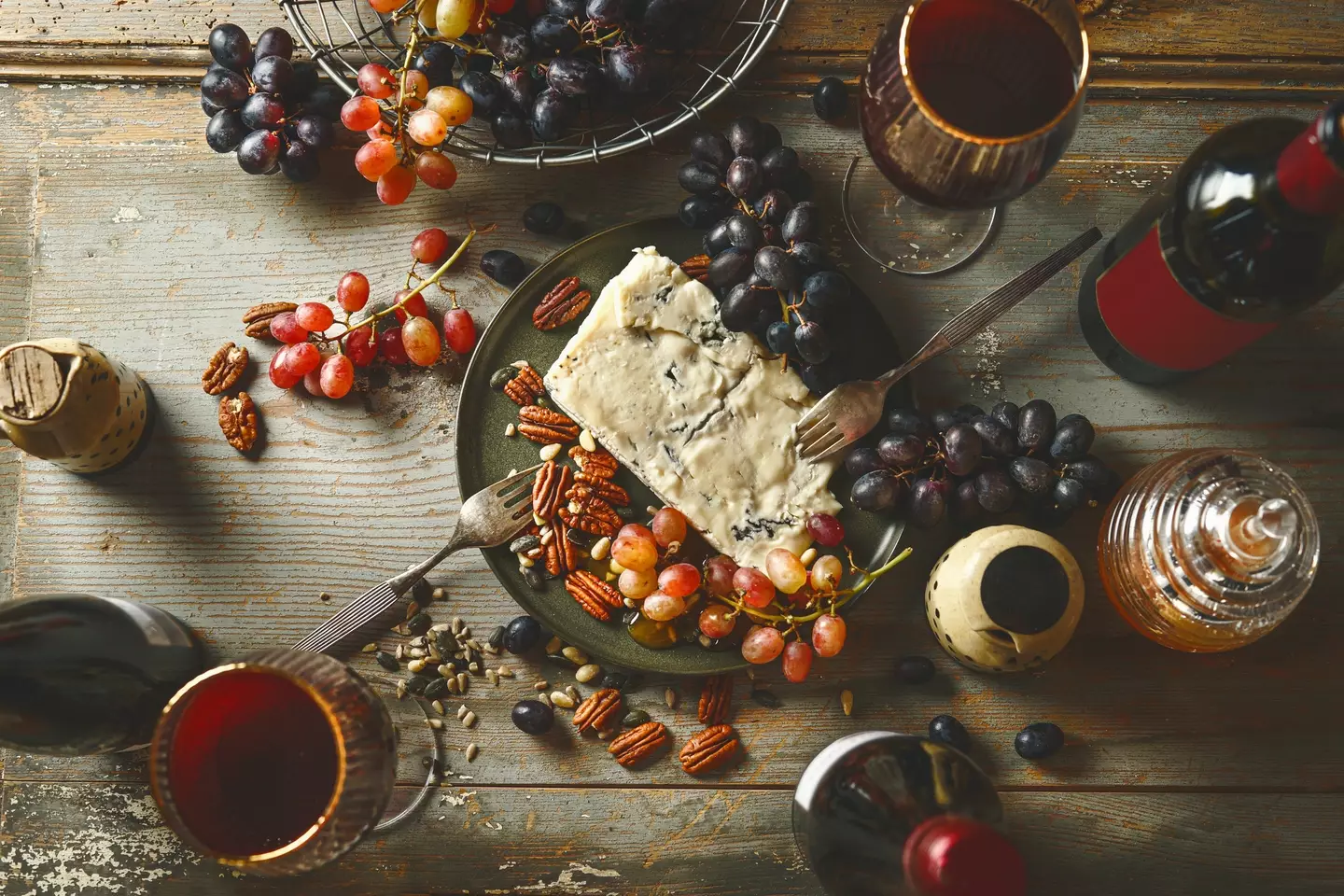
Ever felt weirdly exhausted, dizzy, or foggy after eating? Especially after leftovers, cheese, or a cheeky glass of wine?
It’s easy to brush off as 'just getting older', but your body might actually be reacting to histamine. Yes, that same compound we blame for allergy flare-ups might also be messing with your energy, digestion and even your skin.
So, what’s really going on? And why are so many people, especially women over 50, suddenly talking about histamine intolerance?
Histamine is a chemical messenger your body naturally produces. It’s what kicks in when you’re exposed to pollen or pet hair and it can show up by triggering sneezes, swelling, and an allergic reaction. Yet histamine is also found in food, especially things like aged cheese, wine, smoked meats and anything fermented.
Advert

Normally, your body breaks histamine down using an enzyme called DAO (diamine oxidase), but if that enzyme isn’t doing its job properly because of gut issues, hormone shifts, or certain medications, then histamine can build up in your system - and this is where we can really feel it.
Signs that you might have too much histamine can include:
You’re constantly tired or foggy
That post-meal crash isn’t just carbs - histamine affects your nervous system and can make you feel drained or spaced out.
Dizziness or low blood pressure
Feeling woozy after eating can be due to high histamine levels that mess with your circulation.
Headaches or migraines
Histamine expands blood vessels, which can set off painful and recurring headaches.
Digestive drama
Bloating, reflux or loose stools are all signs your gut might be struggling to clear histamine efficiently.
Rashes or itchy skin
Those random hives or red patches might not be allergies, they could be histamine overload.
Weird allergy-like reactions
Runny nose, puffy eyes or swelling that comes and goes? These are all classic histamine signs.
For some people histamine intolerance shows up more strongly, and women in perimenopause or menopause are especially prone to it.
"Progesterone helps stabilise histamine, and it’s the first hormone to dip during perimenopause,” says Dr. Christine Maren, a certified menopause provider, speaking to The Tribune.
Add in fluctuating oestrogen and a changing gut microbiome, and your body can suddenly become way more sensitive to histamine heavy foods.
Yet there is good news, as you can often calm symptoms by tweaking your diet. A low histamine diet means eating fresh, whole foods and skipping the big histamine offenders such as aged cheese, wine, cured meats and anything that’s been sitting in the fridge too long (yes, leftovers count).

Instead choose fresh meat, most fruits and veggies, rice, quinoa, olive oil and soft cheeses like mozzarella or ricotta. Basically, the fresher the better is the best rule of thumb here.
Histamine intolerance can look like a dozen other issues as symptoms like fatigue, brain fog and gut problems can be ambiguous, but that's why it’s so often missed.
Yet if you start noticing these subtle symptoms, especially after certain meals, it might be worth chatting with your doctor about trying a low histamine diet.
